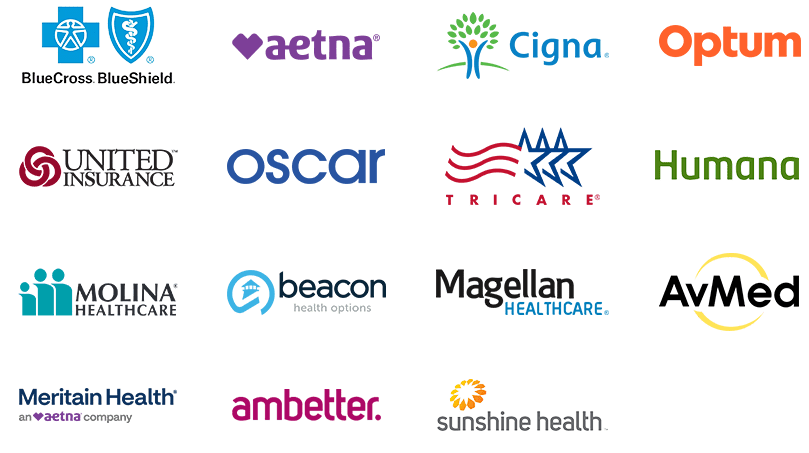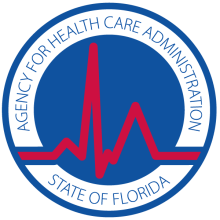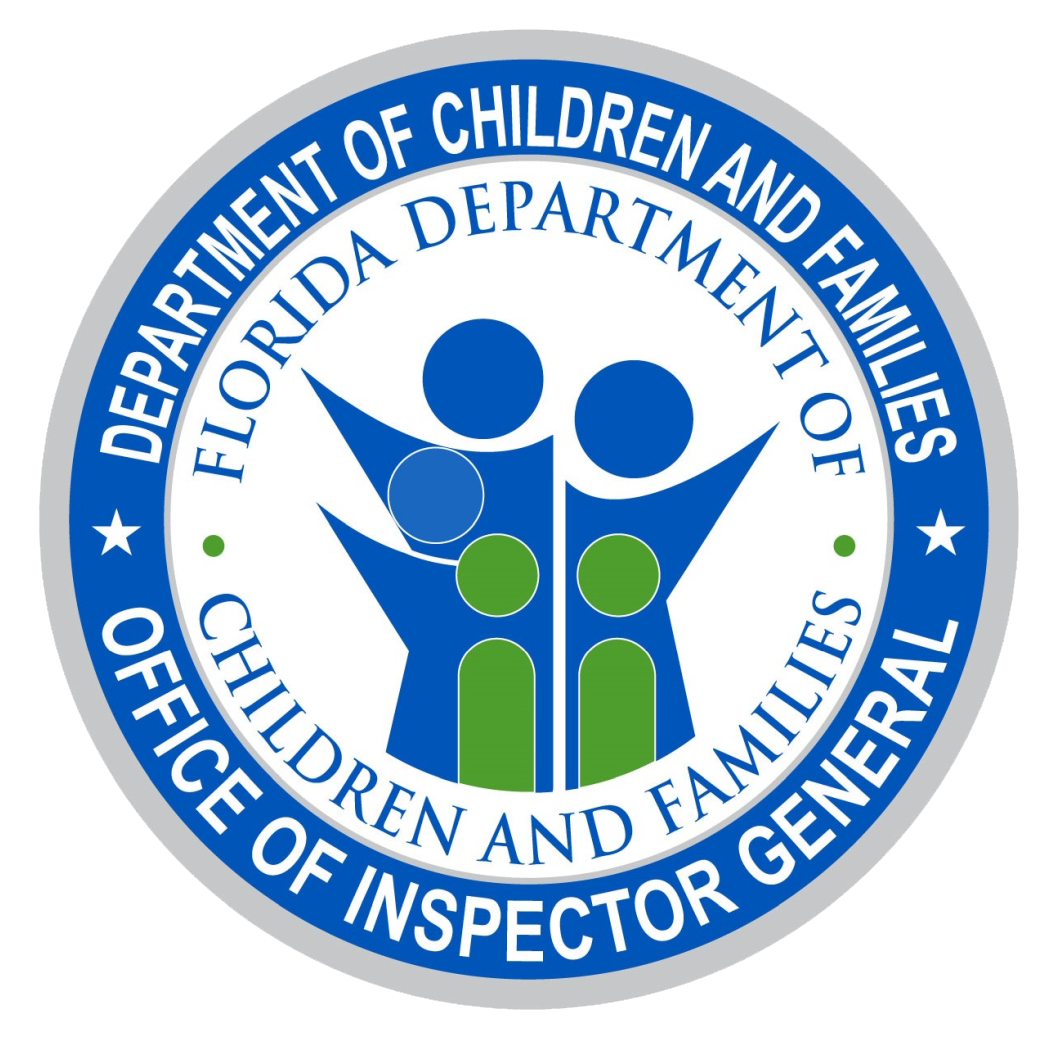WHAT IS
FENTANYL?
Fentanyl is a synthetic opioid that is 50 to 100 times more potent than morphine. It is typically used in hospitals as a pain reliever for patients with severe injuries or chronic pain. However, it has increasingly become a drug of abuse due to its intense and immediate effects. Fentanyl is often mixed with other street drugs, such as heroin or cocaine, without the user’s knowledge, making it even more dangerous.
We Offer Lifetime Aftercare Services. When You Need Us, We’re There.
How is Fentanyl Different From Other opioids?
Fentanyl differs from other opioids in several ways. Firstly, it is much stronger than traditional opioids such as morphine and heroin. This makes it more dangerous for those who abuse it, as the risk of overdose is significantly higher. For those struggling with fentanyl or heroin abuse, seeking heroin addiction treatment is crucial to addressing these life-threatening risks.
Fentanyl acts very quickly on the brain’s opioid receptors, providing an almost immediate high. This can make it even more addictive than other opioids, as users may feel compelled to seek out its intense rush over and over.
Fentanyl is also cheaper to produce than many other addictive opioids, making it a more attractive option for drug dealers looking to increase their profits. This has contributed to the rise in the availability and use of fentanyl on the streets.

Request a Confidential
Callback 24/7
MEDICAL DETOXIFICATION
IS NECESSARY
It serves as an initial primer for the remainder of the individual’s treatment process. If a patient were to simply skip the detoxification phase of the recovery and go straight into clinical treatment, it’s quite likely that he or she would be experiencing or suffering from withdrawal symptoms and immediately leave treatment and seek comfort in their drug of choice. Although the severity of withdrawal symptoms can vary from one person to the net, the majority of individuals who are suffering from withdrawal would have extreme difficulty participating in treatment even if they stayed. With certain substances like alcohol and benzos posing potentially fatal withdrawal symptoms, detoxification is a must in order to effectively produce the best treatment outcome.
Principles Recovery Center is With You for Life.
Medicinal Purposes for Fentanyl
While fentanyl is a powerful and potentially dangerous drug, it does have legitimate medicinal purposes. It is primarily used in hospitals for pain management, especially for patients with chronic or severe pain.
Fentanyl can also be prescribed for cancer patients experiencing extreme pain. When used as directed by a doctor, fentanyl can provide much-needed relief to those suffering from acute or chronic pain.
Never Be Alone Again
Come Join Our Recovery Family
Fentanyl’s Role in the Opioid Overdose Epidemic
The rise of fentanyl use has played a significant role in the ongoing opioid overdose epidemic in the United States. According to NIDA, there have been 5,871 reported deaths in 2022 in the United States. The overall number of overdose deaths involving heroin decreased and the proportion of overdose deaths involving heroin and fentanyl increased in 2022 by 80%.
Fentanyl is often mixed with other drugs, such as heroin or cocaine, without the user’s knowledge. Due to its potency and availability, many people have unknowingly taken fentanyl, leading to accidental overdoses. This can make it even more dangerous, as they may not know that they are taking a drug that is 50 to 100 times more potent than what they are used to.
Fentanyl has been found in a wide range of substances, including heroin, cocaine, methamphetamine, and even counterfeit prescription drugs. This makes it clear that the use of fentanyl is widespread and not limited to a specific type of drug.
Insurance Can Help Cover
the Cost of Treatment at PRC.

WE’VE GOT
YOU COVERED!
Insurance coverage for treatment is within reach. We are in-network with most insurance carriers in Florida.
Signs of Fentanyl Addiction
Fentanyl addiction can develop quickly due to its intense effects on the brain’s reward system. This can lead to individuals using larger and more frequent doses, putting them at an increased risk of overdose. Signs of addiction may include:
- Increased tolerance to the drug, requiring larger doses to achieve the desired effects
- Withdrawal symptoms when not using fentanyl
- Neglecting responsibilities and relationships to use fentanyl
- Continued use despite negative consequences
- Inability to control or stop using fentanyl
- Engaging in risky behaviors, such as using fentanyl in unsafe or illegal ways
- Spending a significant amount of time obtaining, using, and recovering from fentanyl use
- Feeling unable to function without the drug
- Changes in behavior, mood, and appearance
Some individuals may also exhibit signs of physical dependence on fentanyl, including experiencing withdrawal symptoms when trying to stop using the drug. These can include:
- Cravings for fentanyl
- Nausea and vomiting
- Diarrhea
- Muscle pain and cramping
- Restlessness and agitation
It’s important to note that addiction is a complex disease and not everyone will display the same signs or experience addiction in the same way. If you or a loved one are exhibiting signs of fentanyl addiction, it is important to seek help from a medical professional and discover today’s resources for support.
How Can I Protect Myself from Accidental Fentanyl Overdose?
To protect yourself from accidental fentanyl overdose, it is essential to be aware of the signs and symptoms of fentanyl use. These can include drowsiness, confusion, respiratory distress, and pinpoint pupils. It is also important to be cautious when purchasing any street drugs, as they may contain fentanyl without your knowledge.
If you suspect someone has taken fentanyl, it is crucial to seek immediate medical attention by calling 911. Additionally, individuals who struggle with opioid addiction should consider carrying naloxone (Narcan), a medication that can reverse the effects of an opioid overdose in emergencies.
However, the best way to protect yourself from accidental fentanyl overdose is to avoid using drugs altogether. We offer an opioid addiction rehab in South Florida that can assist you.
The Dangers of Fentanyl Addiction
Fentanyl addiction poses a significant risk to individuals due to its potency and unpredictability. Even a small amount can cause an overdose, leading to respiratory failure and death. In addition, fentanyl is highly addictive, with users developing a tolerance quickly and needing more of the drug to achieve the same effects.
The physical and psychological effects of fentanyl abuse can be devastating. Users may experience severe withdrawal symptoms when trying to stop using the drug, including intense cravings, mood swings, and physical discomfort. This makes it challenging for individuals to quit on their own without professional help.

Dangers of detoxing without medical help
Detoxing from fentanyl can be extremely dangerous, and should never be attempted without medical supervision. This is due to the intense physical and psychological withdrawal symptoms that can occur, which may include:
- Severe nausea and vomiting
- Diarrhea
- Muscle pain and cramping
- Anxiety and restlessness
- Insomnia
In some cases, these symptoms can be life-threatening, making it crucial to seek professional help when detoxing from fentanyl.
The risk of relapse is high when detoxing without medical support, as individuals may turn back to fentanyl to alleviate their symptoms.
Treatment Options for Fentanyl Addiction
If you or a loved one is struggling with fentanyl addiction, it’s important to seek professional help. Treatment options for fentanyl addiction may include:
- Medically assisted detox to safely manage withdrawal symptoms
- Inpatient or outpatient rehabilitation programs
- Behavioral therapy and counseling
- Support groups such as Narcotics Anonymous
It’s essential to address the physical and psychological aspects of addiction to achieve long-term recovery from fentanyl addiction.
Medical detox involves safely managing withdrawal symptoms while the drug is removed from the body. This is done under medical supervision and may include medications to alleviate withdrawal symptoms.
Inpatient rehab provides a structured environment for individuals to focus on their recovery without outside distractions. These programs typically last 30-90 days and involve individual and group therapy and other activities designed to promote sobriety. An outpatient rehab program in South Florida allows individuals to live at home while attending treatment sessions during the day. This option may be more suitable for those with mild addiction or who have completed inpatient rehabilitation.
Addiction therapy can help individuals address the underlying causes of their addiction and develop coping strategies for avoiding relapse. Here at Principles Recovery Center, we offer the following therapy programs:
- Individual therapy
- Family therapy
- Group therapy
- Dialectical behavior therapy
- Cognitive behavioral therapy
- Contingency management
- Motivational interviewing
Support groups such as Narcotics Anonymous can also provide a sense of community and understanding for those in recovery from fentanyl addiction. They offer a safe space to share experiences, receive support, and build a strong network of individuals working towards sobriety.

Heal from Fentanyl Addiction at Principles Recovery
At Principles Recovery Center, we understand the complexities of fentanyl addiction and offer a comprehensive approach to recovery. Our individualized treatment plans address both the physical and psychological aspects of addiction, allowing individuals to heal and build a strong foundation for lasting sobriety.
If you or a loved one is struggling with fentanyl addiction, don’t wait any longer. With the right treatment and support, it is possible to overcome this dangerous and potentially deadly substance abuse disorder. Contact us today to learn more about our treatment options and start your journey towards recovery.
CREDENTIAL HIGHLIGHTS



